:max_bytes(150000):strip_icc()/treatments-for-adults-with-asperger-syndrome-259901-Final-1383adbeffcc4d3a9a2c7020d7bb306d.png)
HighFunctioning Adult Autism Treatment and Support
Happé, F., & Charlton, R. (2012) Aging in autism spectrum disorders: A mini-review. Gerontology, 58, 70-78.. Autism: An emerging public health problem. Public Health Reports, 118, 393-399.. Cortical anatomy in autism spectrum disorder: An in vivo MRI study on the effect of age. Cerebral Cortex, 20, 1332.

Different Levels of Autism Spectrum Disorders Brain Therapy TMS
Autism is a neurodevelopmental condition that affects individuals across their lifetime, though the effects of ageing in older adulthood are poorly understood to date. This systematic review assessed six characteristics in older autistic adults (cognitive functioning, co-occurring difficulties, autism symptom severity, social integration, adaptive functioning, language processing). A total of.
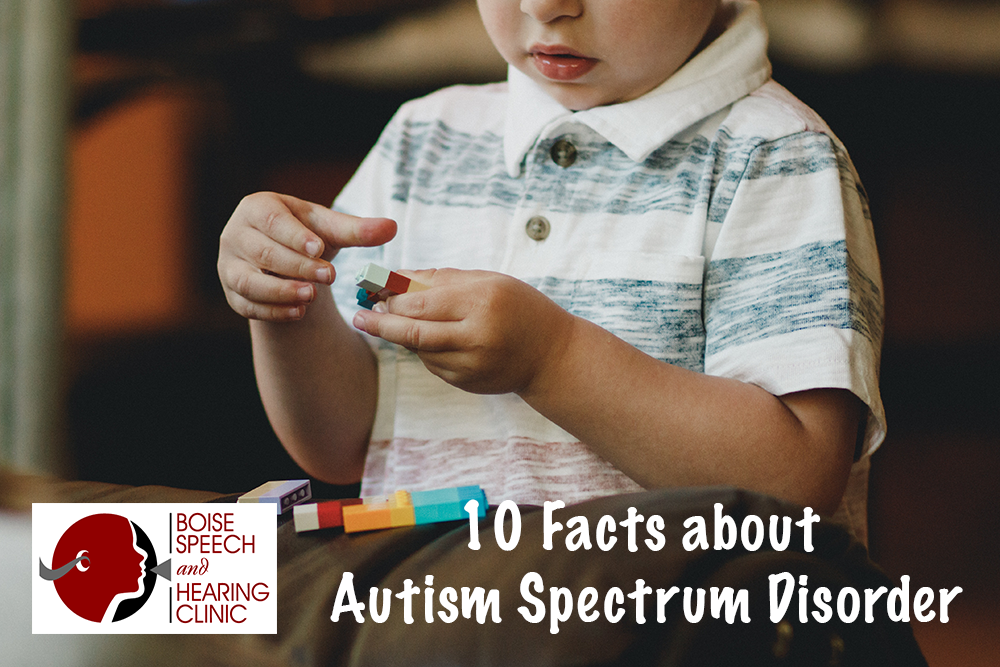
10 Facts about Autism Spectrum Disorder Boise Speech and Hearing Clinic
ASD is a lifelong neurodevelopmental disorder, characterized by social and communication impairments and restricted, stereotypical patterns of behavior (Baker, 2013). It is currently expected that most, or all of the actual cases of ASD, are identified in a timely way (i.e. in early childhood). However, there are many undiagnosed older adults.
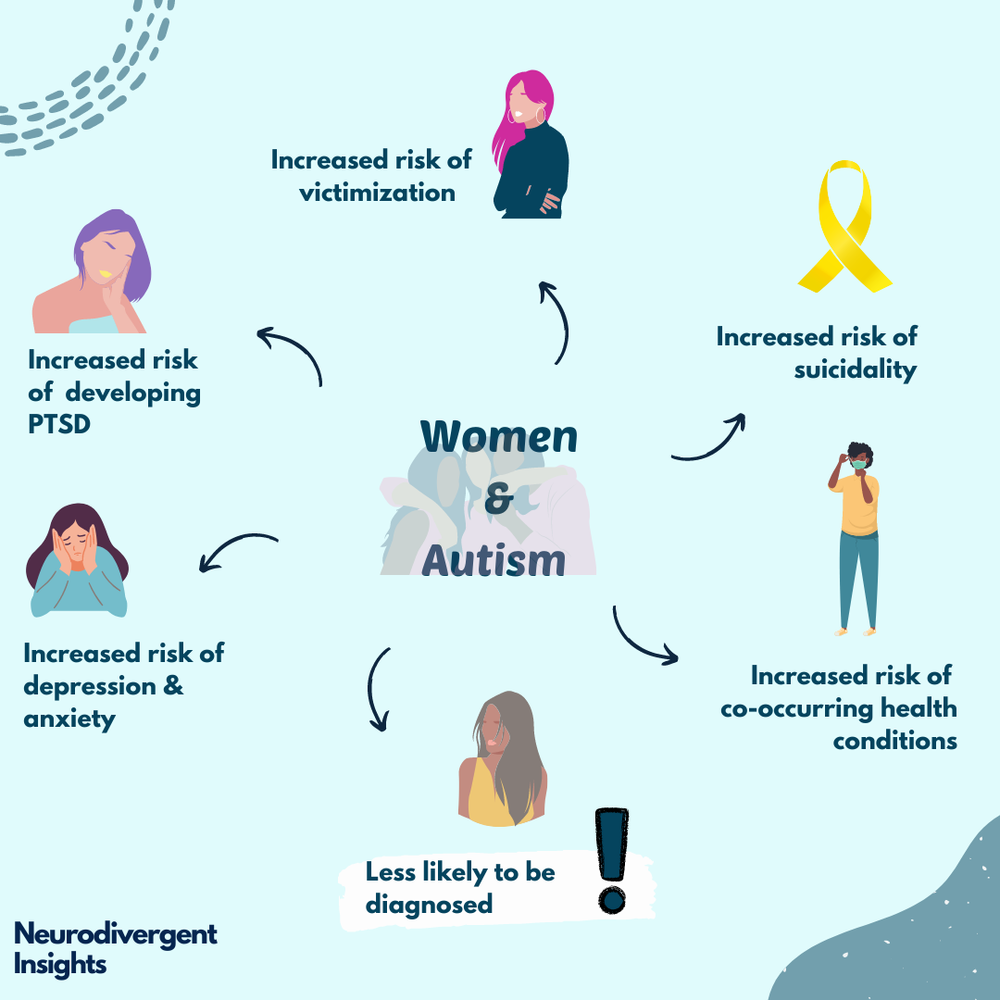+(6).png?format=1500w)
Autism and women
From 1943, when Leo Kanner originally described autism, and to the first objective criteria for "infantile autism" in DSM-III and the inclusion of Asperger's disorder in DSM-IV, the subsequent classification scheme for autistic disorders has led to a substantial change with the 2013 issuance of the DSM-5 by including subcategories into one umbrella diagnosis of autism spectrum disorder.
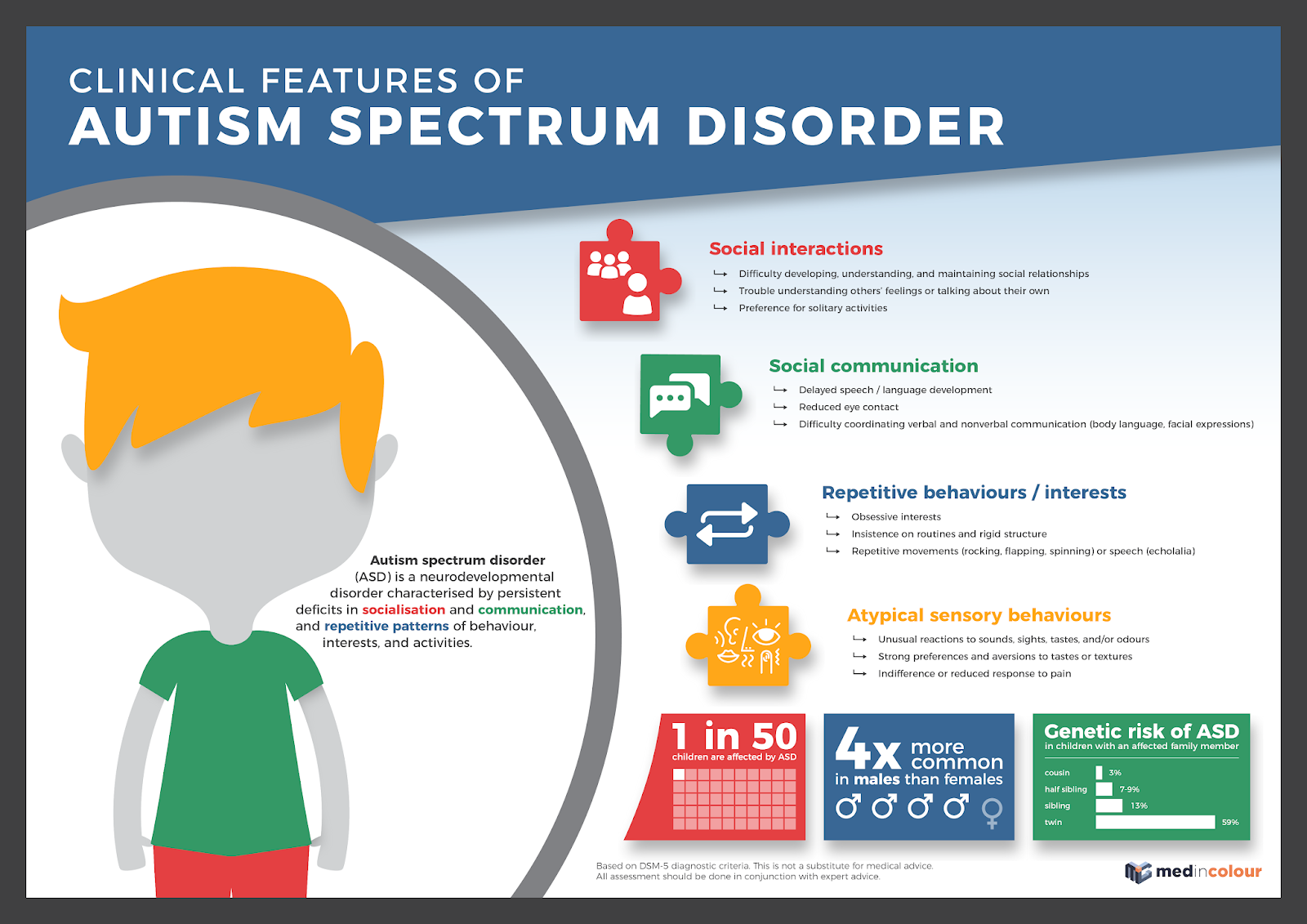
Clinical features of autism spectrum disorder
We identify 2012 as a turning point since when the number of studies has markedly increased year-on-year. Encouragingly, the percentage increase in autism research over the past decade is greater for older age research (392% rise) than childhood/early life (196%), adolescence (253%), or adulthood research (264%).
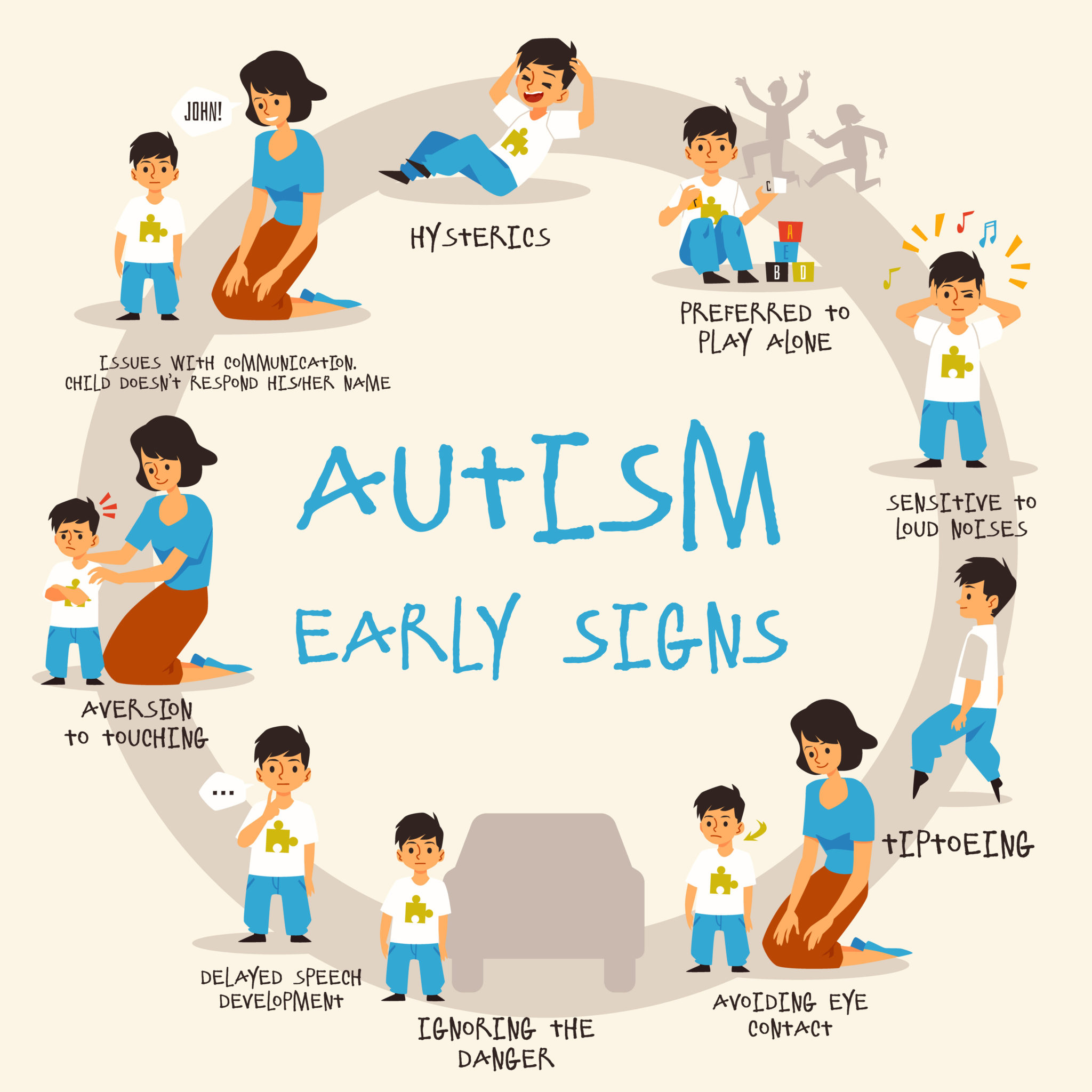
AUTISM BENEFITS FOR CHILDREN Cannon Disability Law
Specific investigation exploring correlates, causal factors as well as issues related to self-harm in older autistic adulthood is warranted. Accordingly, cross-sectional, longitudinal, and interventional studies are needed to inform service and health care providers in better supporting older autistic adults. 3.
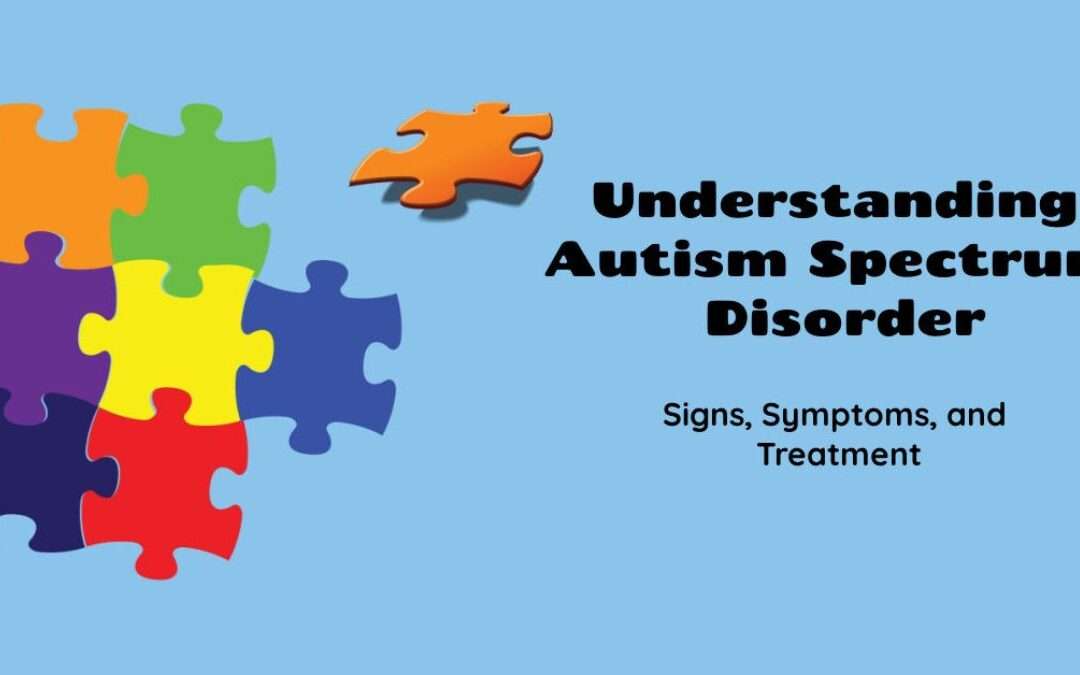
Understanding Autism Spectrum Disorder Signs, Symptoms, and Treatment
Autism has been largely portrayed as a psychiatric and childhood disorder. However, autism is a lifelong neurological condition that evolves over time through highly heterogeneous trajectories. These trends have not been studied in relation to normative aging trajectories, so we know very little about aging with autism. One aspect that seems to develop differently is the sense of movement.

Helping adults with ASD to live better lives Summer 2019 UC Davis
Using survey data, a model of "aging well" was operationalised and applied to 92 autistic adults and 60 controls. A very small proportion (3.3%) of autistic adults were found to be aging well.
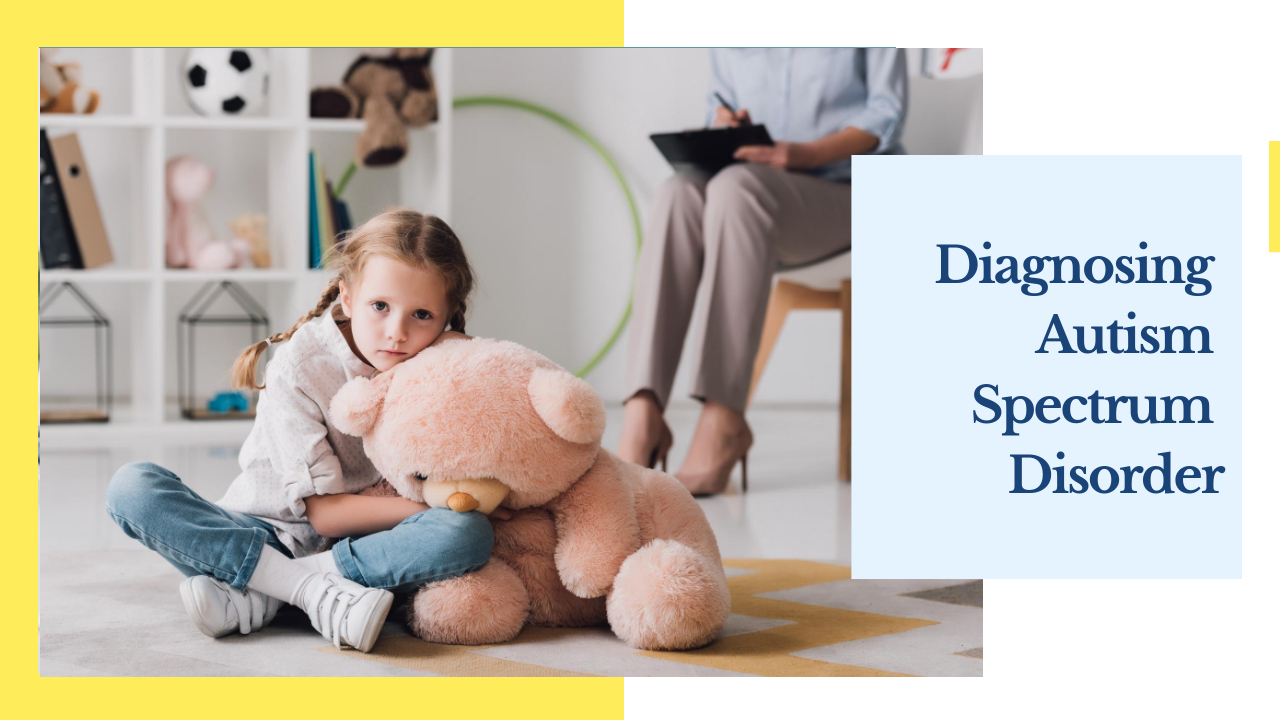
Diagnosing Autism Spectrum Disorder Dr. Srinivas Gada
Most research on autism spectrum disorder (ASD) has focused on younger individuals, but there is increasing awareness that more must be known about the clinical needs and outcomes of older adults with ASD. This article reviews what is known about barriers to recognition in the elderly, the prevalence of ASD over the lifespan, outcomes in adulthood in comparison to the general population, co.

What is Autism Spectrum Disorder? Regis College Online
These possible health-related challenges need to be understood and taken into account with regard to appropriate healthcare and residential placement. Besides health-related issues, cognitive processes often decline in the senior years. Many children and adults on the autism spectrum already have difficulties in executive processing and memory.
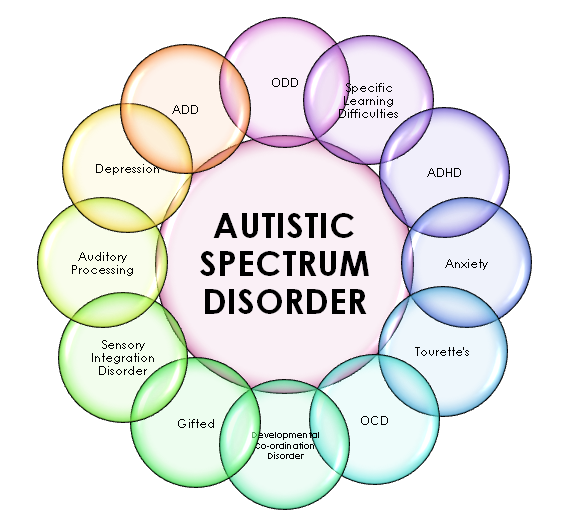
Autistic Spectrum Disorder Lanc UK
abstract . From 1943, when Leo Kanner originally described autism, and to the first objective criteria for "infantile autism" in DSM-III and the inclusion of Asperger's disorder in DSM-IV, the subsequent classification scheme for autistic disorders has led to a substantial change with the 2013 issuance of the DSM-5 by including subcategories into one umbrella diagnosis of autism spectrum.
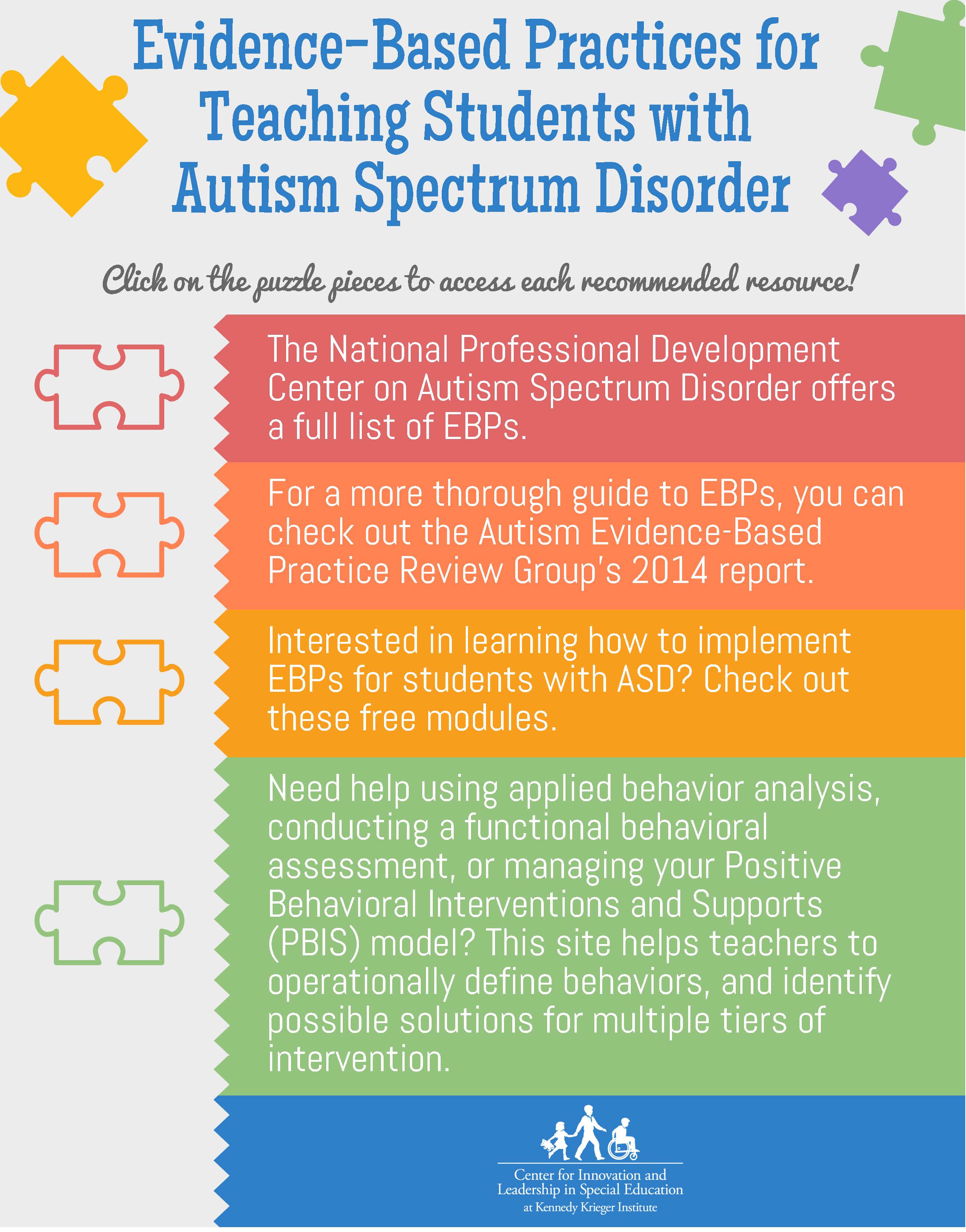
Autism Spectrum Disorder Infographic
They sampled 23 elderly adults on the autism spectrum (18 males, 5 females; mean age = 63.6 years, SD = 7.5 years) and 23 elderly adults not on the autism spectrum (18 males, 5 females; mean age = 63.7 years, SD = 8.1 years). In addition, out of 23 elderly adults on the autism spectrum, 16 had Asperger syndrome, 2 had autism, 1 had a diagnosis.

What Are The Top Questions About Autism Spectrum Disorders? Autism
Background: The population with autism spectrum disorder (ASD) has been increasing and is currently estimated to be 1 in 58 births. The increased prevalence of ASD together with the lack of knowledge on the processes of aging in this population, the support needed at this stage of life, and the associated risk factors, have led to an urgent need for further research. Methods: This study.
:max_bytes(150000):strip_icc()/what-is-severe-autism-260044-Final-1624a05bc38f43faa1b2d3e0e42f8d3d.png)
Overzicht van ernstig autisme Med NL
Request PDF | Aging with autism spectrum disorder: an emerging public health problem | From 1943, when Leo Kanner originally described autism, and to the first objective criteria for "infantile.

Understanding Autism Signs, Symptoms and Functions Youth Aspiring
Geurts and Vissers's ( 2012) study compared the neuropsychological profile of elderly adults on and not on the autism spectrum. They sampled 23 elderly adults on the autism spectrum (18 males, 5 females; mean age = 63.6 years, SD = 7.5 years) and 23 elderly adults not on the autism spectrum (18 males, 5 females; mean age = 63.7 years, SD = 8..
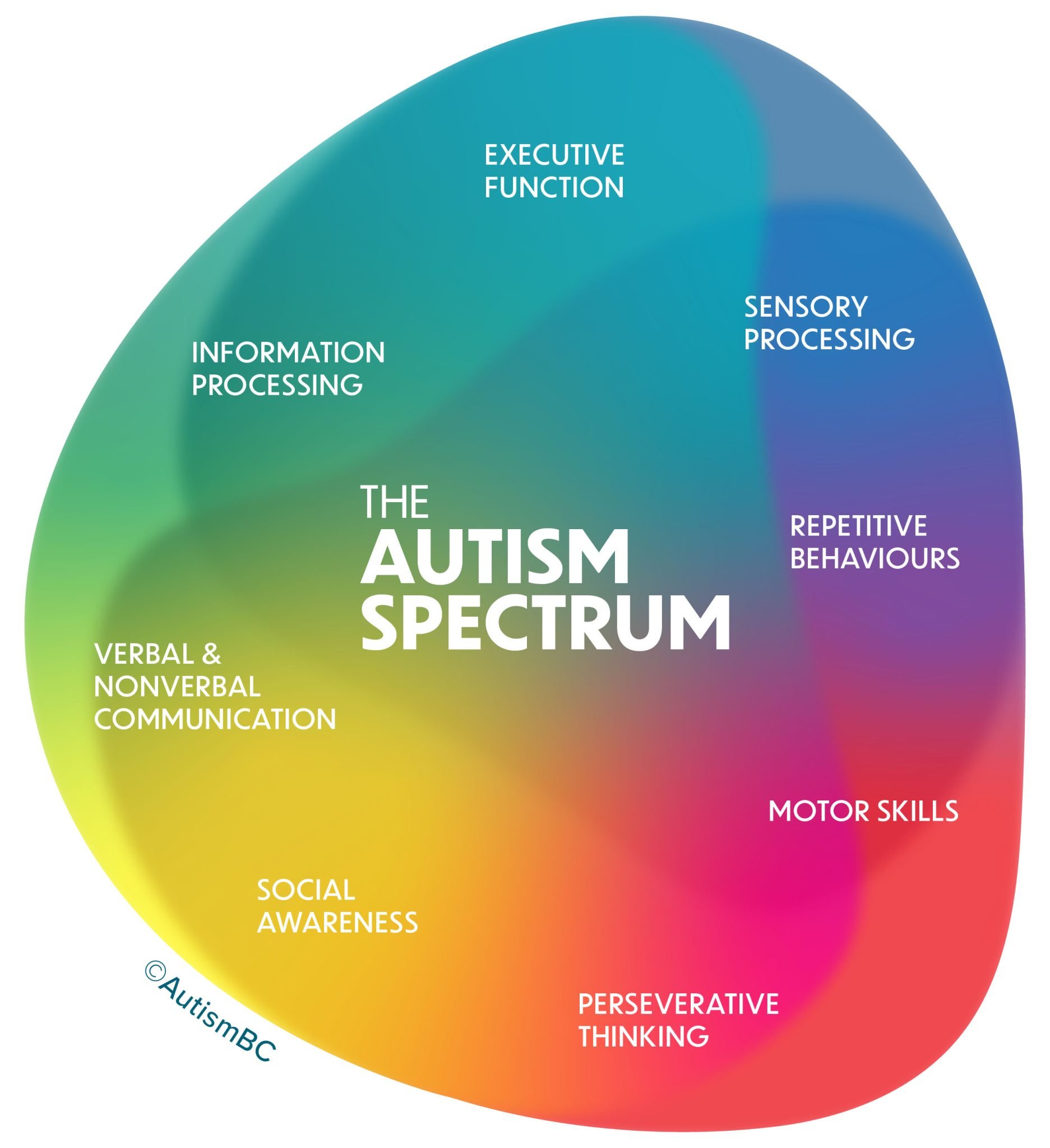
What is Autism? — Autism Q & A, Blog, Caregivers — AutismBC
There is a gap in our knowledge of aging with autism. The present study examined the applicability of the popular gerontology concept of "aging well" to autistic adults. Using survey data, a model of "aging well" was operationalised and applied to 92 autistic adults and 60 controls. A very small proportion (3.3%) of autistic adults were found to be aging well. Significantly less.
- Como Quitar Las Manchas De Jabon En La Ropa
- Mas Alla Del Jardin Capitulos
- Abdera Construcciones Y Obra Civil Sl Telefono
- Complejo De Mesias Guia De Lectura
- Cilindrada Captur Limited Tce Gpf 96kw
- Damien Rice The Blower S Daughter Letra Significado
- Carrera Para Ser Entrenador Deportivo
- Escalera Con Plataforma Y Ruedas
- La Torre Del Sol Webcam
- Honda 2000 Watt Inverter Generator